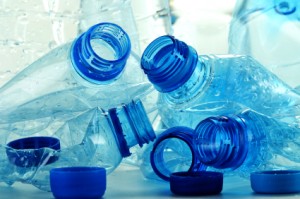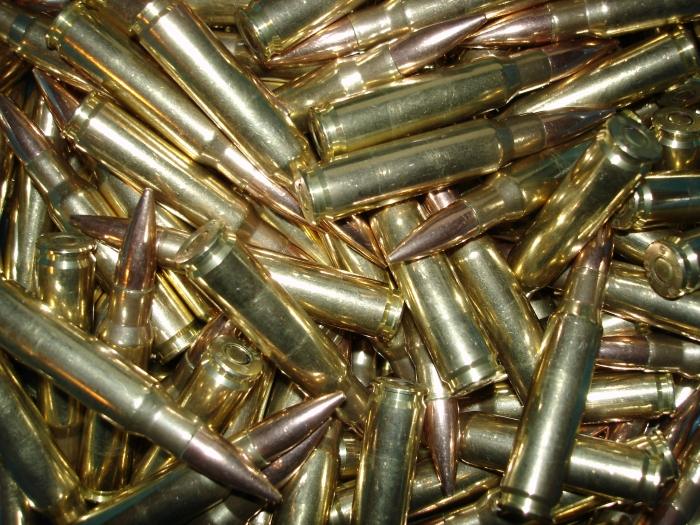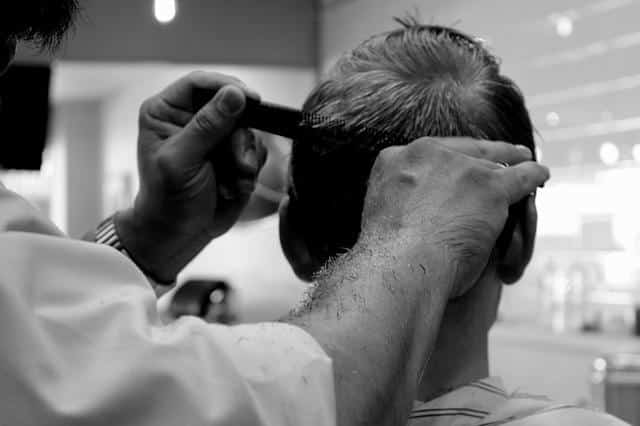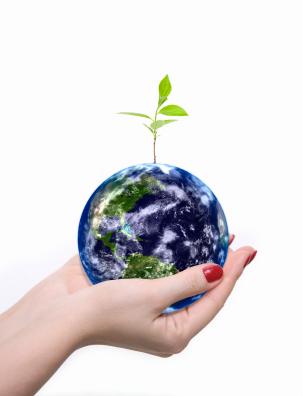 Plastic is everywhere, but it’s not that good to have in your life. Though it seems convenient, it actually has high financial, health, and environmental costs. It’s not readily biodegradable, marketing gets us to buy the same throw-away plastic junk over and over, and scientists continue to find new information about the harmful side effects of PVC, styrene, and BPA.
Plastic is everywhere, but it’s not that good to have in your life. Though it seems convenient, it actually has high financial, health, and environmental costs. It’s not readily biodegradable, marketing gets us to buy the same throw-away plastic junk over and over, and scientists continue to find new information about the harmful side effects of PVC, styrene, and BPA.
Fortunately, you can get plastic out of your life if you make the conscious choice to avoid it. This doesn’t mean you turn into a tree-hugging, hemp-wearing flower child. It just means you make choices to use other materials that last longer and are better for your personal environment than the ubiquitous plastic junk you find everywhere.
Tip #1: Ditch Bottled Beverages
Some 22 billion plastic bottles are thrown away each month around the world, with the U.S. accounting for about 60 million plastic bottles per day. Take that times the $1.29 average price for a bottle of water or soda, and you can see there are multiple reasons to start carrying around your own drink container.
Tip #2: Use Real Plates, Cups, and Silverware
I come from a big family, so I get that disposable dishes are convenient. But they’re expensive, they fill the trash fast, and it’s questionable whether or not eating off plastic utensils lets the plastic leach into your food. For the same money you’d spend to get a summer’s worth of plastic dishes for a family of four, you can get a basic dish set and use it for years. Better for your health, better for the environment, and better for your wallet.
Tip #3: Choose Natural Fabrics
Acrylic fabrics are often used to make cheap, throwaway clothing. You don’t need that in your life. Choosing natural fabrics cuts down on your plastic usage, but it also boots you up into a better class of clothing. Yes, it may cost a bit more. Yet if you buy good pants and wear them for years, it’s a lot better for you, your wallet, and the environment than loading up on cheap pants that rip after just a few months.
Rediscover the pleasures and challenges of a healthier, greener, and more self-sufficient lifestyle.
Tip #4: Store Using Glass
Plastic Tupperware gets gross fast, and plastic baggies aren’t the answer, either. Yet many of us have closets full of small tubs and plastic containers for leftovers, work lunches, or transporting meals. Misshapen, discolored, and leaching chemicals into the food, these plastic containers are just plain nasty. Using Ziploc-style plastic baggies isn’t any better.
Instead, switch to glass storage containers and glass canning jars. They don’t leach taste or chemicals into food, clean up better than porous plastic cases, and don’t get discolored. If you worry about breaking them, remember that since you don’t think of glass Tupperware containers as disposable plastic junk, they are often treated better and last longer than the plastic containers they replace.
Tip #5: Borrow, Don’t Buy
Many of the plastic goods you bring home are designed for limited use. Why buy that stuff in the first place? Check around to see if you can borrow a plastic tote from a neighbor or get extra hangers from Freecycle. Props for kid’s events, extra outdoor furniture, and even children’s toys can be swapped or borrowed instead of purchased new, cutting down on your personal plastic consumption and dependency.
Tip #6: Eat Fresh
Take-out foods are boxed in plastic. Frozen foods are packaged in plastic. The stuff from your garden or local farmer’s market? Not so much.
This method for reducing the plastic in your life has the added benefit of getting you to eat better foods. Instead of supermarket produce that has traveled in plastic for more than 1,500 miles to be at your table or microwave dinners in plastic trays, you can eat from your backyard. You can skip plastic-coated takeout cups and boxes in favor of homemade dinners. It’s a bit more time consuming, but it’s a difference you’ll taste, notice in your budget, and feel as you wake up healthier than any fast-food junkie.
Plastic is all around, but you don’t have to let it in to your life any more than is necessary. Cut down your plastic use, and you’ll find that what you have around you is the good stuff – durable goods, a healthy family, and more money in your bank account!
©2012 Off the Grid News











